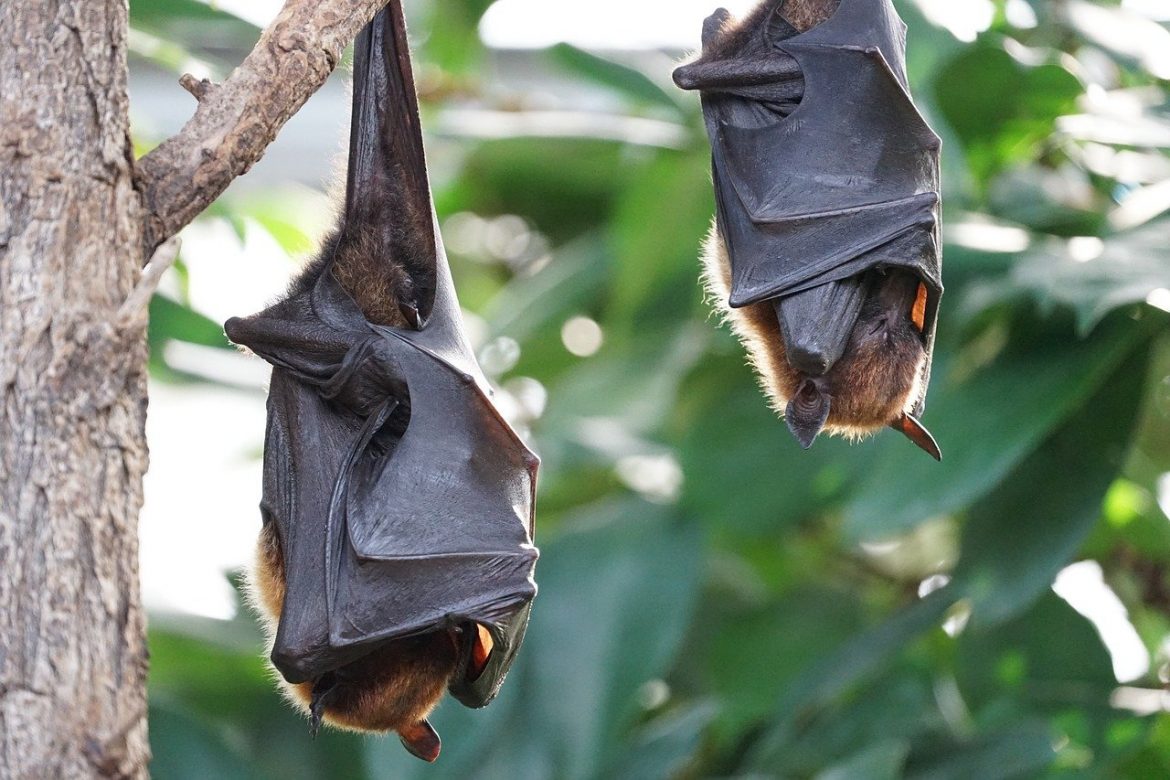A new research has shown that climate change will drive animals towards cooler areas where their first encounters with other species will increase the risk of new viruses infecting humans.
According to the research, there are currently at least 10,000 viruses “circulating silently” among wild mammals that have the capacity to cross over into humans, mostly in the depths of tropical forests.
Published in the journal Nature, the research shows that as rising temperatures force those mammals to abandon their native habitats, they will meet other species for the first time, creating at least 15,000 new instances of viruses jumping between animals by 2070.
Read also: Climate Change: Satellite company to study changes on planet
Responding, co-author of the study, Gregory Albery, a disease ecologist at Georgetown University, said it had demonstrated a novel and potentially devastating mechanism for disease emergence that could threaten the health of animal populations in the future, which will most likely have ramifications for our health too.
“This work provides us with more incontrovertible evidence that the coming decades will not only be hotter, but sicker,” Albery said.
The researchers found that new contacts between different mammals would effectively double, with first encounters occurring everywhere in the world, but particularly concentrated in tropical Africa and Southeast Asia.
The study also looked at 3,139 species of mammals, modelling how their movements would change under a range of global warming scenarios, and then analysing how viral transmission would be affected.
Story was adapted from Aljazeera.
